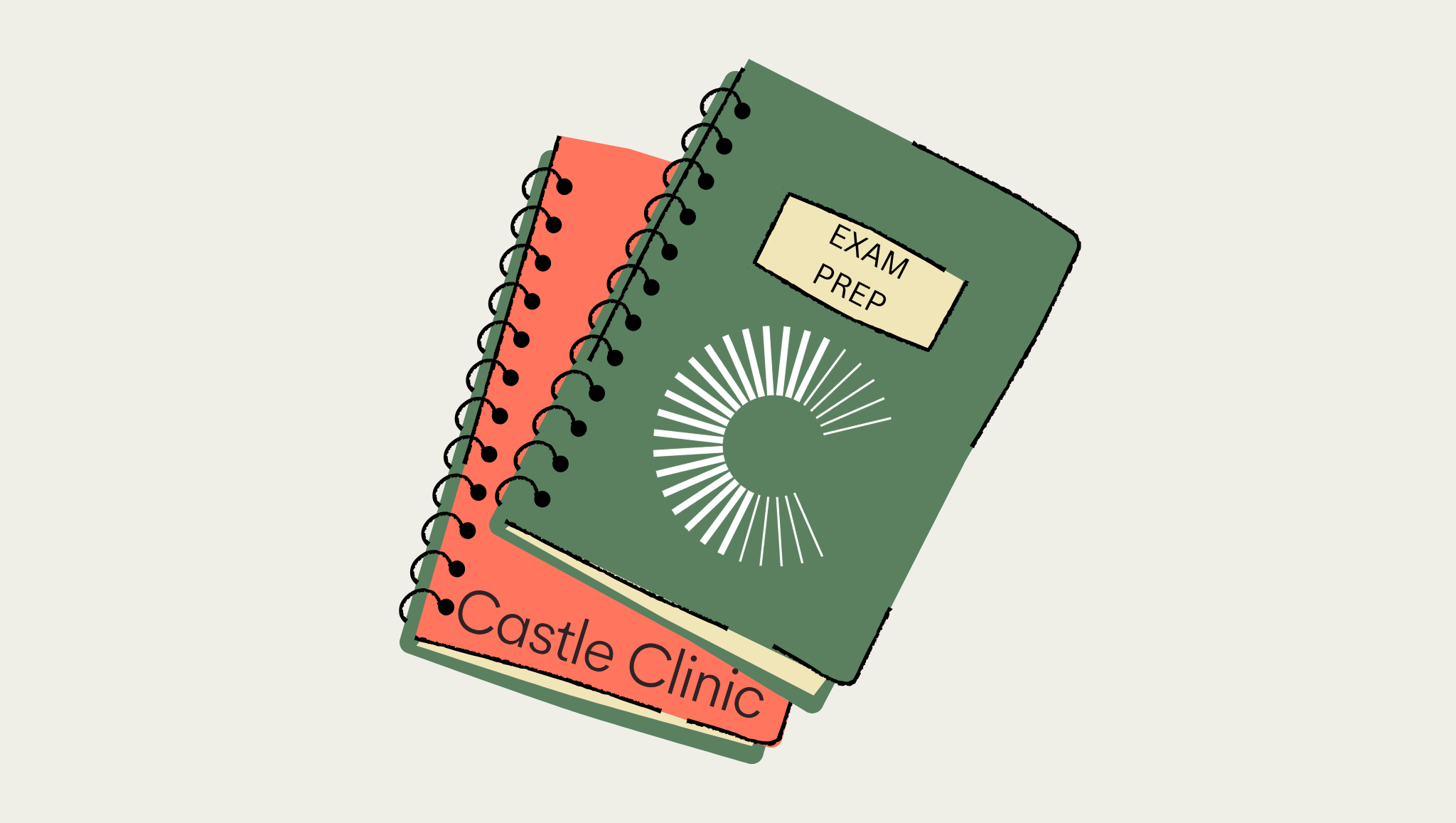Exam season is approaching…. here are a few ideas for good preparation.

SLEEP
As our kids enter exam season, certain habits can help them make the most of their efforts – one of the most important being sleep.
Children aged 6-13 need 9-11 hours of sleep each night, while teenagers require 8–10 hours. Sleep plays a vital role in consolidating learning and calming the brain’s stress response. A consistent bedtime routine, such as winding down with a book or taking a warm bath can help the body relax and prepare for rest. Avoid screens for at least an hour before bedtime and steer clear of caffeine after 2 p.m. Last-minute cramming can also interfere with falling asleep, so it’s best to plan ahead.
Teachers often identify tiredness as the biggest barrier to learning. According to the National Sleep Foundation in the U.S., fewer than 25% of children aged 11–18 get enough sleep, which can make it harder to concentrate, manage anxiety, and retain information. In his best-selling book Why We Sleep, Dr. Matthew Walker, professor of neuroscience and psychology at the University of California, Berkeley, writes: “There is a 40% deficit in the ability of the sleep-deprived brain to cram new facts.” That difference could be the deciding factor between a pass and a fail—or between securing the grades needed for UCAS and falling short.
EXERCISE
Daily exercise gets the blood flowing and boosts brain power. Just 20–30 minutes a day of walking, playing outside, dancing, or stretching can make a real difference.Exercise has significant benefits during exam season—not just for physical health, but for mental well-being and academic performance. It helps improve focus, concentration, and memory retention, while also reducing stress and anxiety. Regular movement boosts energy levels, promotes better sleep, and can help reduce feelings of fatigue.In this article, we’ll explore the most common challenges that sIn general, children and young people should aim for two types of physical activity each week: aerobic exercise (like walking, running, or cycling) and activities that strengthen muscles and bones (such as climbing, jumping, or resistance training).martphones can cause families. But it’s not all bad news – we’ll also mention the initiatives that are championing smartphone free childhoods and highlight resources that offer practical alternatives.
POSTURE
We often get asked what the best posture is when sitting. And to be honest, there’s no one correct answer. Our best posture is usually our next posture. In other words, it’s important to move often to avoid straining the same muscles or joints by staying in one position for too long.
However, if a sustained period at the desk is necessary, try to sit with support: feet flat on the floor, a rolled-up towel or cushon in the small of the back and relaxed shoulders. Try not to curl over a desk or phone, as it strains your neck and back and can make you feel tired or stressed.
Remember – sit smart, think sharp!
